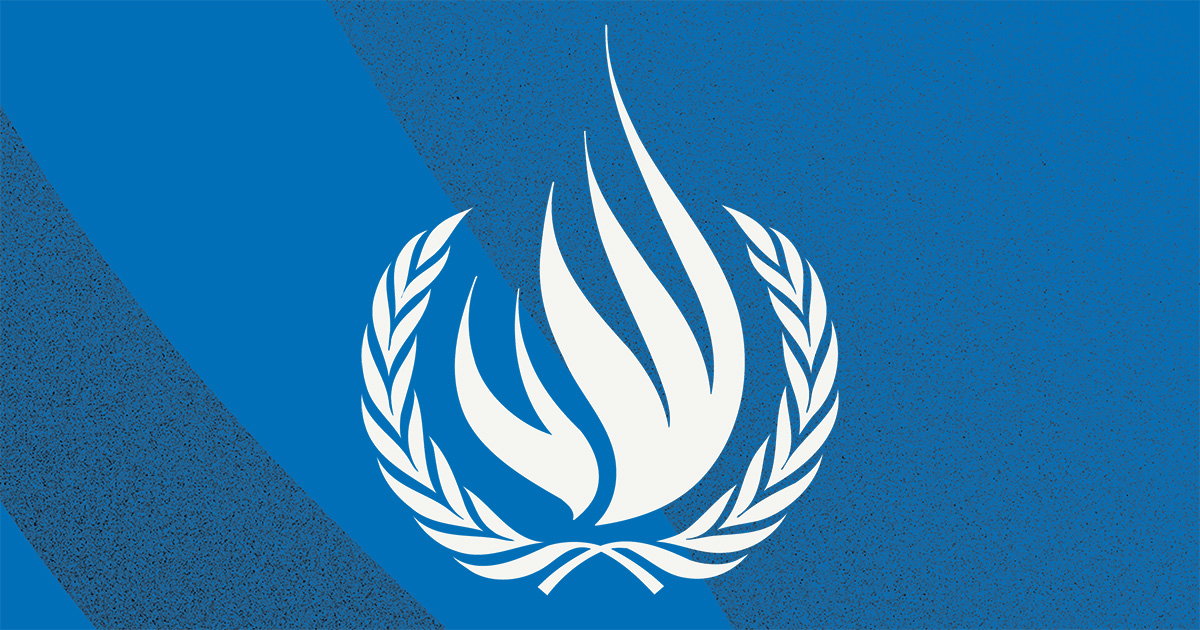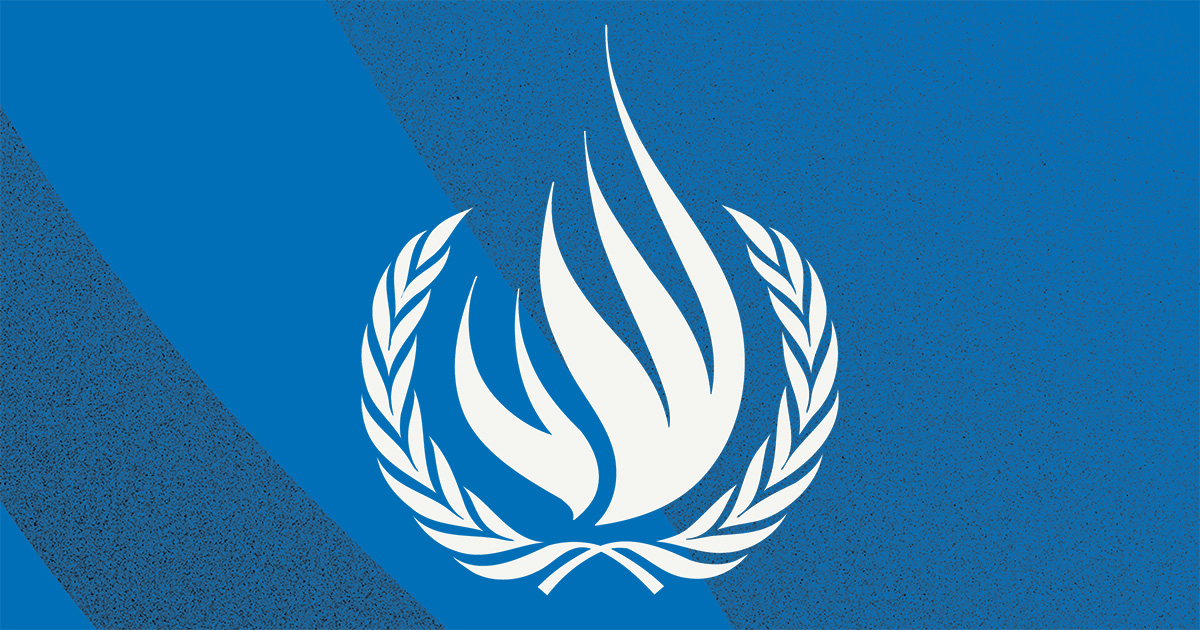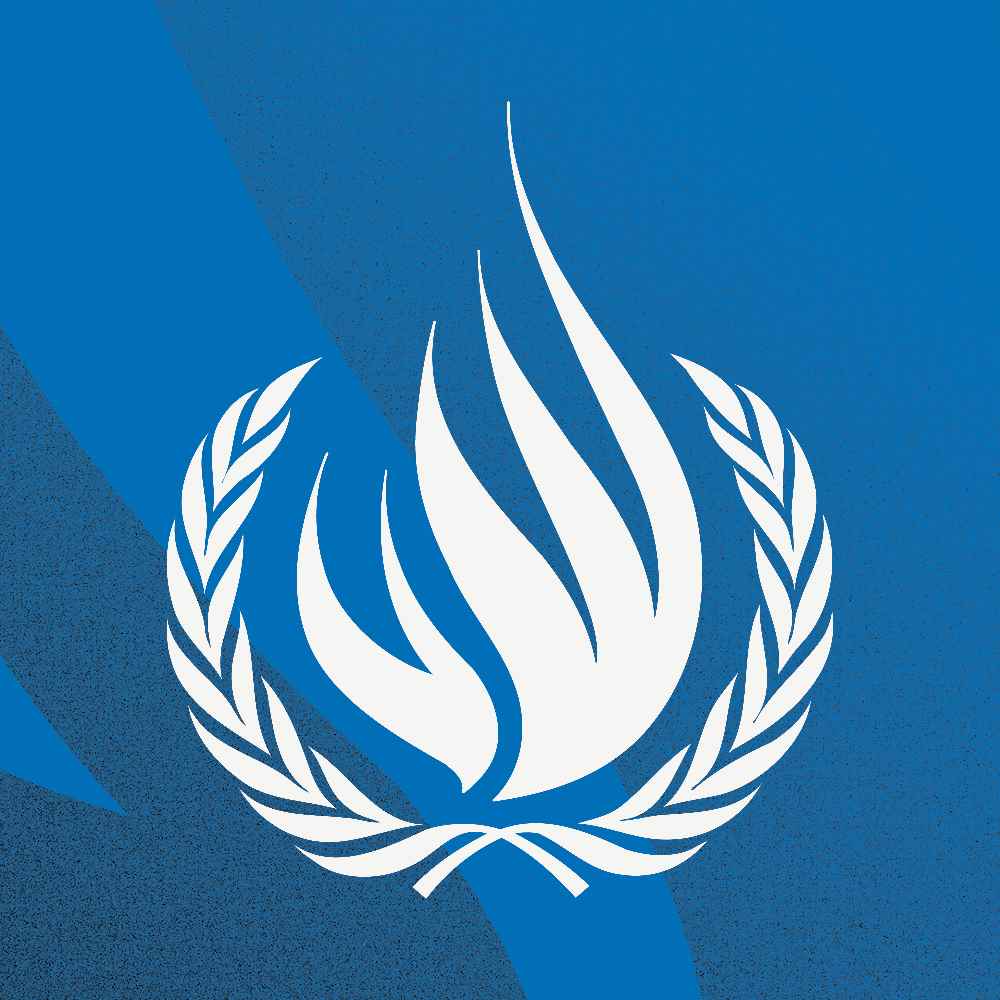
GENEVA (2 November 2020) - On the occasion of the International Day to End Impunity for Crimes Against Journalists, the Special Rapporteur on extrajudicial, summary or arbitrary executions, Agnès Callamard, and the Special Rapporteur on freedom of opinion and expression, Irene Khan, issue the following statement:
“Around the world every year hundreds of journalists are targeted and attacked for their investigative work and reporting. They are harassed, threatened, kidnapped, tortured, imprisoned and prosecuted for exposing corruption and organised crime, reporting on protests and speaking truth to power. Many are disappeared or killed. The perpetrators of these crimes are rarely held to account.
Women journalists face heightened risks of sexual and gender-based violence, including rape, sexual assault and harassment online and offline as well as intimidation and threats against themselves or their family members.
Attacks against journalists have a single objective: to silence them. When governments fail to bring to justice those responsible for such attacks, they are effectively exercising a form of censorship, muzzling those who dare to report and chilling others into silence.
Today we remind States of their obligation to conduct prompt, impartial, thorough, independent and effective investigations into all crimes against journalists. Investigators must presume such crimes are connected to the journalist’s work unless proven otherwise. Investigations must seek to identify and prosecute all those responsible - the hitmen as well as the masterminds, the perpetrators and the instigators as well as those who have conspired to commit, aid and abet or cover up such crimes.
Seven years ago on this day, French journalists Ghislaine Dupont and Claude Verlon were killed in Mali. The alleged perpetrators have been named but are yet to be arrested and prosecuted. We call on the governments concerned to advance the investigation without further delay so that justice may be served.
We reiterate our call for an independent, transparent and credible investigation into the killing of Saudi journalist Jamal Khashoggi, including an investigation into the masterminds of the murder and those who incited, allowed or turned a blind eye to it. The lack of action in that regard, combined with the lack of transparency in the national judicial process, is the very embodiment of impunity. That is unacceptable and must not be tolerated.
Two years ago, Daphne Caruana Galizia, one of the most prominent investigative journalists in Malta, was assassinated for exposing serious corruption by senior officials in that country. The government must allow the public inquiry into her killing to continue without interference or false deadlines until the truth has been fully established.
These cases have received much national and international attention. Many others have not. There is a global pattern of impunity and cover up. The failure to investigate or prosecute crimes against journalists feeds a recurring cycle of violence, violates the right to life and physical security, freedom of opinion and expression, and undermines the independence of the media as an essential pillar of democratic society. That is why when national efforts to address impunity for crimes against journalists are absent or inadequate, we believe an international approach must be adopted.
We are calling for a standing investigatory mechanism to be set up by the United Nations. Drawing on independent international experts, including from the Special Procedures and the Treaty Bodies, this mechanism should be mandated to assist investigations initiated by States; seek information and investigate crimes against journalists; identify avenues for justice at the national, regional and international levels; facilitate independent criminal proceedings; and identify and support measures, including at the political and diplomatic levels, to end impunity, prevent violence against journalists and promote measures to enhance their safety.
We also call on governments to consider imposing the “Khashoggi sanctions”: individualised sanctions against those responsible for ordering acts of violence against journalists, threatening journalists with violence, or preventing or hampering effective investigation into the killings.
We believe preventive measures, including early warning and rapid response mechanisms against threats to journalists, should be strengthened. The Special Procedures, with their necessary expertise, independence and multi-stakeholder networks, are well positioned to contribute to these measures, and should be properly resourced to do so.
As journalists seek to shine the light on responses to COVID-19, they are facing increased attacks. Protecting journalists is protecting the people’s right to know. Governments and the UN must act urgently to end impunity for crimes against journalists.”
ENDS
*The UN experts: Ms. Agnès Callamard, Special Rapporteur on extrajudicial, summary or arbitrary executions; Ms. Irene Khan, Special Rapporteur on the promotion and protection of freedom of opinion and expression.
The Special Rapporteurs are part of what is known as the Special Procedures of the Human Rights Council. Special Procedures, the largest body of independent experts in the UN Human Rights system, is the general name of the Council’s independent fact-finding and monitoring mechanisms that address either specific country situations or thematic issues in all parts of the world. Special Procedures experts work on a voluntary basis; they are not UN staff and do not receive a salary for their work. They are independent from any government or organization and serve in their individual capacity.












